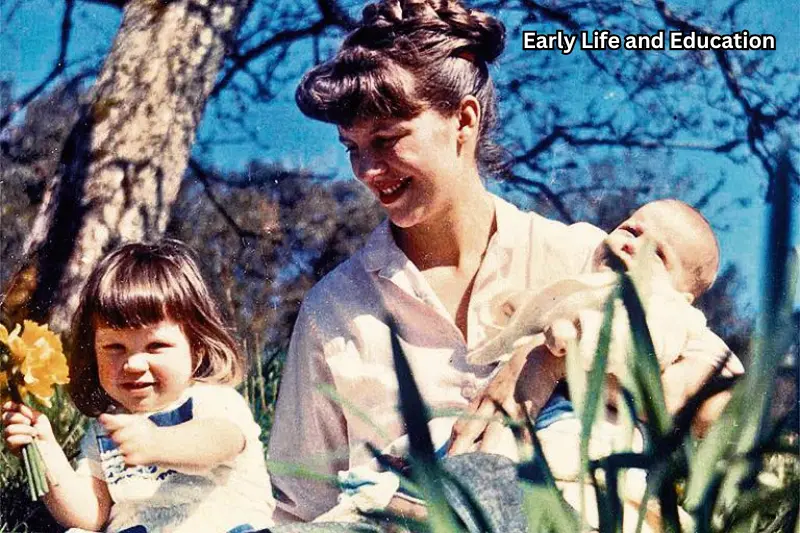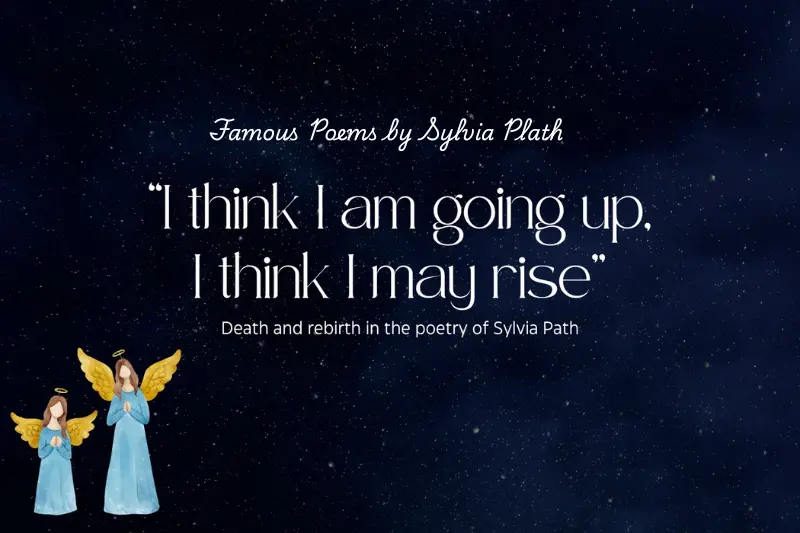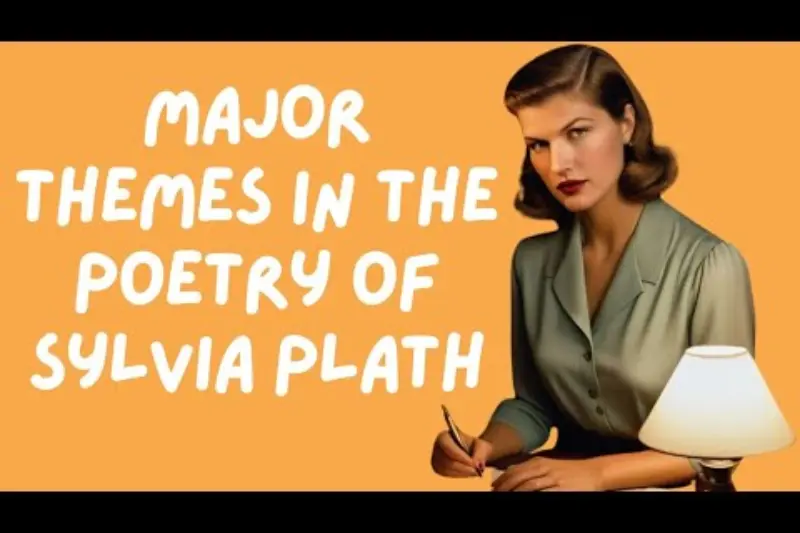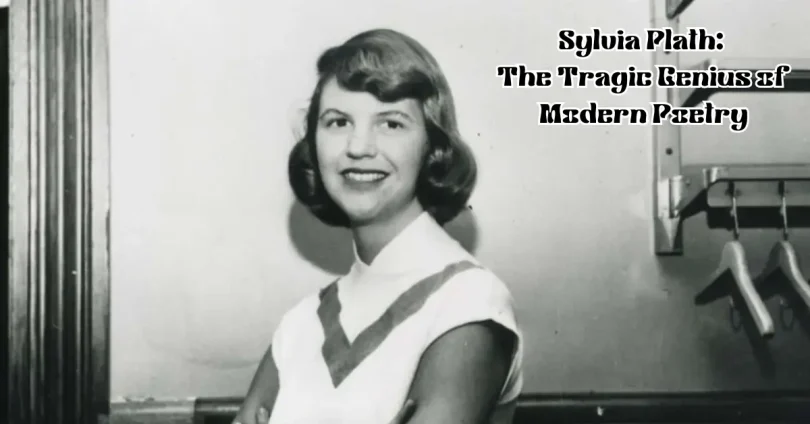Introduction
Sylvia Plath — a name that echoes through the corridors of modern literature — was an American poet, novelist, and short-story writer known for her emotionally intense, confessional style. Her works explore themes of depression, identity, love, and death, making her one of the most iconic literary figures of the 20th century.
You May Also Like It:
Happy Birthday Poem: Celebrate with Heartfelt Words
Love Poem: A Timeless Way to Express the Heart
10 Things I Hate About You Poem
Early Life and Education

Sylvia Plath was born on October 27, 1932, in Boston, Massachusetts. From an early age, she showed a remarkable talent for writing, publishing her first poem at the age of eight. After the death of her father, Otto Plath, her mental health began to suffer — a struggle that would influence much of her work.
She studied at Smith College and later at Cambridge University in England, where she met and married poet Ted Hughes.
Career and Literary Style
Sylvia Plath’s writing is often classified under the genre of confessional poetry — a style that exposes personal emotions, traumas, and experiences. Her work is known for its stark imagery, raw emotion, and psychological depth.
She published her first poetry collection, “The Colossus”, in 1960. However, it was her semi-autobiographical novel, “The Bell Jar” (1963), and posthumous poetry collection, “Ariel”, that cemented her legacy.
Famous Poems by Sylvia Plath

Here are some of her most notable and widely studied poems:
Daddy
One of her most powerful and controversial works, Daddy delves into her complex relationship with her father and themes of oppression and trauma.
“Daddy, I have had to kill you.
You died before I had time—”
Lady Lazarus
This poem reflects her battle with mental illness and her repeated suicide attempts, portraying a persona who constantly rises from death.
Dying
Is an art, like everything else.
I do it exceptionally well.”
Tulips
Written while she was in the hospital, Tulips explores themes of identity loss and emotional numbness.
“The tulips are too red in the first place, they hurt me.”
Ariel
Ariel is both the name of her poem and poetry collection. It symbolizes freedom, speed, and transformation.
Stasis in darkness
Then the substanceless blue
Pour of tor and distances.”
Themes in Sylvia Plath’s Work

Plath’s poetry resonates with readers for its exploration of:
- Mental illness & depression
- Femininity & identity
- Death & rebirth
- Love and betrayal
- Motherhood
Her words are not just poems; they are emotional experiences.
You May Also Like It:
Poems About Death: Expressions of Grief and Love
Poem on Nature: A Beautiful Expression of the Natural World
The Beauty and Power of English Poems
Death and Legacy
On February 11, 1963, Sylvia Plath tragically died by suicide at the age of 30. Her death shocked the literary world, but her work continued to gain recognition posthumously.
She became the first person to win a Pulitzer Prize posthumously in 1982 for The Collected Poems.
FAQs About Sylvia Plath
Who was Sylvia Plath?
She was an American poet, novelist, and short-story writer known for her intense and personal style.
What is Sylvia Plath famous for?
She is best known for her novel The Bell Jar and poetry collections like Ariel.
What themes does Plath explore in her poetry?
Themes include mental illness, identity, death, femininity, and personal trauma.
What is Sylvia Plath’s most famous poem?
Daddy and Lady Lazarus are among her most well-known works.
How did Sylvia Plath die?
She died by suicide in 1963 at the age of 30.
Did Sylvia Plath win any awards?
Yes, she was awarded the Pulitzer Prize posthumously in 1982.
Who was her husband?
She was married to English poet Ted Hughes.
What is “The Bell Jar” about?
It is a semi-autobiographical novel about a young woman’s struggle with mental illness.
When was Sylvia Plath born?
She was born on October 27, 1932.
What makes Sylvia Plath’s poetry unique?
Her raw emotion, confessional tone, and psychological depth make her poetry deeply impactful.
Conclusion
Sylvia Plath’s life was as haunting as her poetry — filled with brilliance, pain, and unmatched literary power. Through poems like Daddy, Lady Lazarus, and Ariel, she gave voice to her innermost struggles, leaving behind a legacy that still moves and inspires readers around the globe.
You May Also Like It:
Shel Silverstein Poems – Best Poems & Meaning Explained
To Be or Not To Be: Meaning Behind Shakespeare’s Iconic Line







